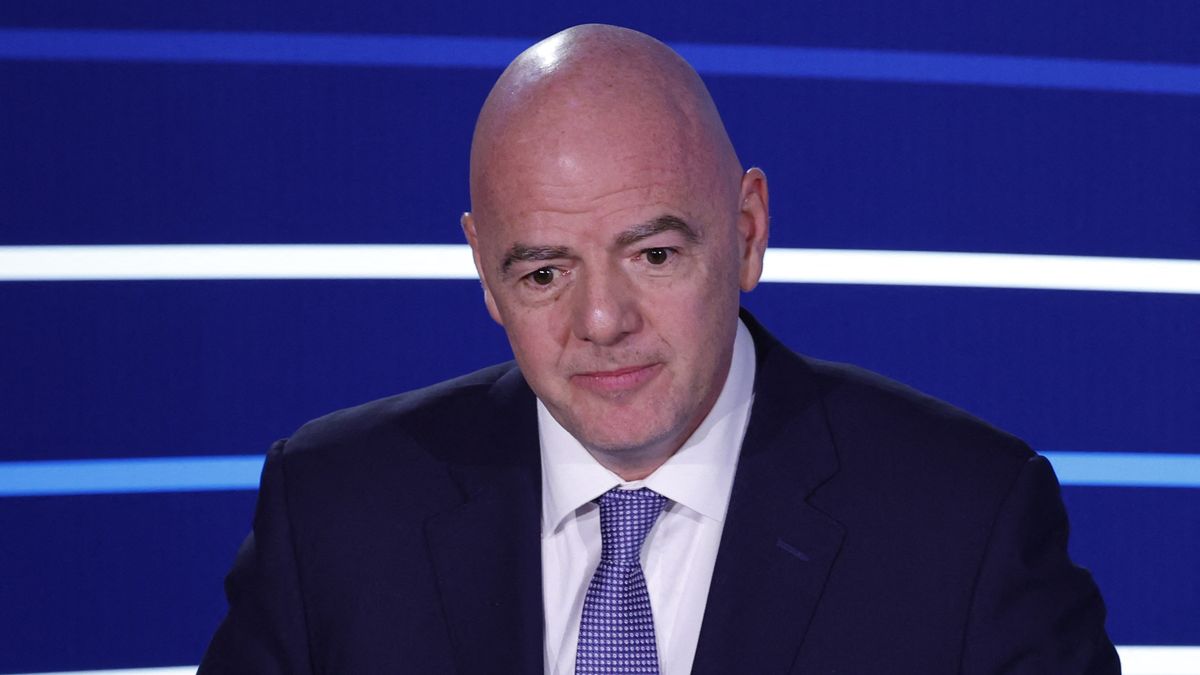Prices in Germany
Inflation surprisingly drops to 2.0 percent – which is now cheaper
Copy the current link
Add to the memorial list
Consumers in Germany can be happy: Inflation has dropped to the lowest level in over half a year. It is not just refueling and heating.
Favorable energy and lower price increases in food: The inflation rate in Germany has surprisingly sunk to the lowest level in over half a year. In June, consumer prices were 2.0 percent above the level of the previous year, as the Federal Statistical Office in Wiesbaden announced. The last time the inflation was so low in October. In May the rate was still 2.1 percent.
Deka chief host Ulrich Kater sees inflation tamed: “The interest has fallen, the acute inflation threat is over.” To sink the inflation rate, cheaper energy again (-3.5 percent), but the decline slowly flattens. The conflict between Israel and Iran, which had temporarily driven the prices for crude oil and fuel, also remained largely without consequences. Food was still 2.0 percent more expensive after an increase of 2.8 percent in May.
Inflation remains stubborn in services that include insurance, package tours and car repairs. In June, the prices for services climbed by 3.3 percent – a result of increased wages. From May to June of the current year, consumer prices stagnated as a whole.
Price wave with Ukraine War
Despite the moderate rate of inflation, consumers in Germany feel the significantly increased prices when shopping in everyday life. Butter, chocolate, fruit and vegetables have been more expensive than the entire shopping cart.
After the Russian attack on Ukraine 2022, inflation was shot upwards, the prices for energy and food climbed rapidly. In 2022, inflation was an average of 6.9 percent and in 2023 5.9 percent before leaving to 2.2 percent last year. Many consumers have therefore lost purchasing power. You can afford for one euro less.
Commerzbank chief economist Jörg Krämer sees high inflation risks despite the renewed acceptance. “Without the prices for energy and food that is prone to fluctuations, inflation has hardly fallen in June and is still above the ECB goal of two percent.” According to the statisticians, this “core inflation” was 2.7 percent in June – after 2.8 percent in the previous month.
Customs dispute remains a risk factor for inflation
How the inflation continues has become more uncertain with the aggressive customs policy of US President Donald Trump. In this way, tariffs could hit the prices of industrial goods and hit consumers on detours. The EU tries to avert a trade war in negotiations with Washington.
The planned billions for defense and infrastructure could also influence inflation in Germany. Some economists expect inflation to increase because additional demands also create an additional demand. The strong euro, on the other hand, has a dampening of prices: it has enhanced vigorously for the dollar and tends to make imports into Germany.
2.0 percent also in the year?
The Bundesbank assumes that the inflation rate in Germany will fluctuate for the two percent mark in the coming months. This would correspond to the target brand of the European Central Bank, which assumes price stability in this value. Economists, including the Council of Experts (“economy”), expect that a value of two percent will also come out of average in 2025.
Dpa
LW
Source: Stern





